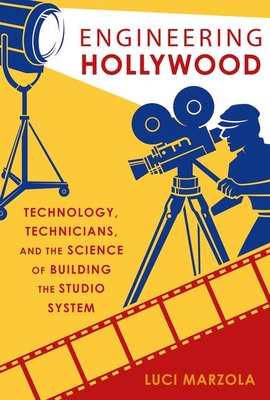Expedite your nonfiction book discovery process with Readara interviews, summaries and recommendations, Broaden your knowledge and gain insights from leading experts and scholars
In-depth, hour-long interviews with notable nonfiction authors, Gain new perspectives and ideas from the writer’s expertise and research, Valuable resource for readers and researchers
Optimize your book discovery process, Four-to eight-page summaries prepared by subject matter experts, Quickly review the book’s central messages and range of content
Books are handpicked covering a wide range of important categories and topics, Selected authors are subject experts, field professionals, or distinguished academics
Our editorial team includes books offering insights, unique views and researched-narratives in categories, Trade shows and book fairs, Book signings and in person author talks,Webinars and online events
Connect with editors and designers,Discover PR & marketing services providers, Source printers and related service providers

Engineering Hollywood: Technology, Technicians, and the Science of Building the Studio System
Performing Arts > Individual Director
- Oxford University Press, USA
- Paperback
- 9780190885595
- 9.1 X 6.1 X 0.6 inches
- 0.85 pounds
- Performing Arts > Individual Director
- (Single Author) Asian American
- English
Readara.com
Book Description
Rather than focusing on the technical improvements in any particular motion picture tool, this book centers on the larger systems and infrastructures for dealing with technology in this creative industry. Engineering Hollywood argues that the American industry was stabilized and able to dominate the motion picture field for decades through collaboration over technologies of everyday use. Hollywood's relationship to its essential technology was fundamentally one of interdependence and cooperation-with manufacturers, trade organizations, and the competing studios. As such, Hollywood could be defined as an industry by participation in a closed system of cooperation that allowed a select group of producers and manufacturers to dominate the motion picture business for decades.
Author Bio
I am film and media historian who writes about the technology, labor, and infrastructure of the American film industry in the silent and classical eras. I teach in the Department of Film and Media Studies at University of California Irvine and at Chapman University’s Dodge College of Film and Media Arts. Previous to that I was a Fellow for the National Endowment for the Humanities and a Postdoctoral Teaching Fellow in USC’s School of Cinematic Arts’ Department of Cinema and Media Studies.
I received my PhD in 2016 from USC’s School of Cinematic Arts.
I have just completed a book titled Engineering Hollywood, which explores the formation of the Hollywood studio system as a technology industry, which was published by Oxford University Press in 2021.
I am currently working on an edited collection on Hollywood Unions and a book on the history of the Akeley camera.
Source: lucimarzola.com
Videos
No Videos
Community reviews
No Community reviews

